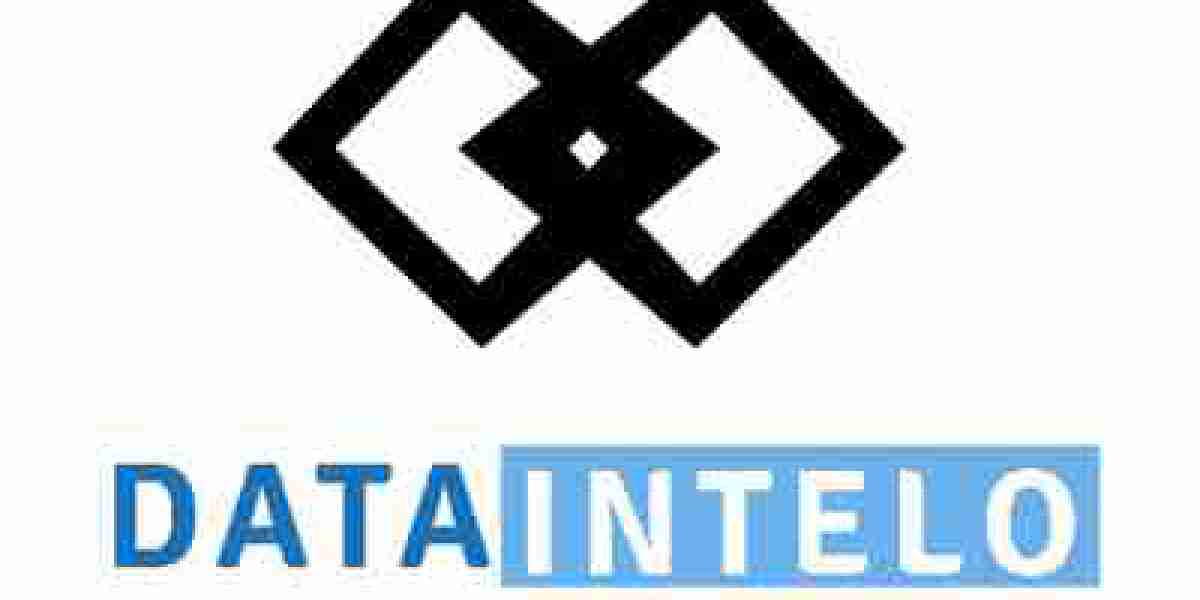Binance Smart Chain (BSC) is a blockchain network developed by Binance, one of the largest cryptocurrency exchanges in the world. It was launched in September 2020 to offer users an efficient, fast, and low-cost environment for building decentralized applications (dApps) and trading assets. Unlike the Binance Chain, which was primarily focused on fast trading, Binance Smart Chain supports smart contracts, making it a powerful tool for developers and investors alike.
Key Features of Binance Smart Chain
The Binance Smart Chain comes with several unique features that make it popular within the blockchain community. Let’s take a look at some of these features:
Dual Chain Architecture
Binance Smart Chain operates alongside the Binance Chain in what is known as a "dual-chain architecture." This setup allows users to transfer assets between both chains seamlessly. The dual chain enables high-speed transactions on the Binance Chain, while BSC provides advanced programmability, making it ideal for smart contracts and dApps.
Compatibility with Ethereum
Binance Smart Chain is fully compatible with the Ethereum Virtual Machine (EVM), meaning developers can easily migrate their Ethereum-based applications to BSC without making significant changes to the code. This compatibility ensures a smooth transition for developers who want to take advantage of BSC’s faster transaction times and lower fees.
Low Transaction Fees
One of the major benefits of using Binance Smart Chain is its low transaction fees compared to other blockchains like Ethereum. While Ethereum has become expensive due to network congestion, BSC offers significantly cheaper alternatives, making it more attractive for users looking to save on transaction costs.
Fast Block Times
Binance Smart Chain offers a 3-second block time, which means transactions are confirmed quickly. This speed is ideal for applications that require fast processing times, such as gaming platforms, decentralized exchanges (DEXs), and financial services.
How Does Binance Smart Chain Work?
Binance Smart Chain uses a consensus mechanism called Proof of Staked Authority (PoSA). This consensus model combines the best aspects of Proof of Stake (PoS) and Proof of Authority (PoA). Validators are chosen based on the amount of BNB (Binance Coin) they have staked, ensuring that only trusted participants are responsible for verifying transactions.
Staking and Earning Rewards
Validators on Binance Smart Chain can stake their BNB tokens to earn rewards. These validators process transactions and add new blocks to the blockchain. In return for their services, they receive BNB tokens as a reward, which incentivizes them to maintain the network’s security and efficiency.
The Role of BNB in Binance Smart Chain
BNB, Binance’s native cryptocurrency, plays a crucial role in Binance Smart Chain. It is used for various purposes, including:
- Transaction Fees: BNB is used to pay transaction fees on Binance Smart Chain, making it essential for users who want to execute trades, transfer assets, or interact with smart contracts on the network.
- Staking: Validators must stake BNB to be eligible to participate in the network’s consensus process.
- Governance: Holders of BNB can vote on important governance decisions that affect the future of Binance Smart Chain, such as protocol upgrades and other proposals.
Use Cases of Binance Smart Chain
Binance Smart Chain supports a wide range of use cases, making it a versatile platform for developers, investors, and businesses. Here are some of the most popular applications on BSC:
Decentralized Finance (DeFi)
Binance Smart Chain has become a hub for decentralized finance (DeFi) projects, offering services such as lending, borrowing, and trading. Platforms like PancakeSwap and Venus operate on BSC, providing users with opportunities to earn passive income and access financial services without intermediaries.
Non-Fungible Tokens (NFTs)
The NFT market has exploded in popularity, and Binance Smart Chain has been a key player in this space. Artists, creators, and collectors can mint, buy, and sell NFTs on platforms like BakerySwap and Treasureland, which are built on BSC.
Gaming and Entertainment
Blockchain-based games have gained traction on Binance Smart Chain, offering players new ways to earn rewards through play-to-earn models. Games like MOBOX and CryptoBlades leverage BSC’s fast transactions and low fees to provide seamless gaming experiences.
Decentralized Exchanges (DEXs)
Binance Smart Chain hosts several decentralized exchanges (DEXs) that allow users to trade cryptocurrencies directly from their wallets. PancakeSwap, one of the largest DEXs on BSC, offers a wide range of tokens for trading, along with additional features like staking and yield farming.
Advantages of Using Binance Smart Chain
There are several advantages to using Binance Smart Chain for both developers and users:
Scalability
Binance Smart Chain is designed to handle a high number of transactions per second, making it a scalable solution for decentralized applications. This scalability is crucial as the demand for blockchain technology continues to grow.
Lower Costs
As mentioned earlier, Binance Smart Chain offers lower transaction fees compared to many other blockchains, such as Ethereum. This cost efficiency is particularly attractive to developers and users who want to minimize expenses while interacting with the network.
Active Ecosystem
Binance Smart Chain boasts a vibrant and active ecosystem of developers, projects, and users. This growing community ensures continuous innovation and development on the platform, providing users with access to the latest blockchain solutions.
Challenges Facing Binance Smart Chain
Despite its many benefits, Binance Smart Chain faces some challenges that it must address to maintain its success.
Centralization Concerns
One of the main criticisms of Binance Smart Chain is its perceived centralization. Unlike fully decentralized networks, BSC has a limited number of validators, which can raise concerns about the network’s overall decentralization. However, Binance has taken steps to address these concerns by encouraging more participants to join the validation process.
Competition with Ethereum
While Binance Smart Chain has positioned itself as a cheaper and faster alternative to Ethereum, it still faces stiff competition from Ethereum’s well-established ecosystem. As Ethereum continues to work on scaling solutions like Ethereum 2.0, Binance Smart Chain will need to keep innovating to remain competitive.
The Future of Binance Smart Chain
The future of Binance Smart Chain looks promising. With its fast transaction times, low fees, and growing ecosystem, BSC is well-positioned to continue attracting developers and users. Binance has also announced plans to further develop the network, with upgrades that will improve its scalability, security, and functionality.
As the demand for decentralized applications continues to rise, Binance Smart Chain will likely play a key role in shaping the future of blockchain technology. Whether it’s through DeFi, NFTs, gaming, or other applications, BSC’s versatility makes it a platform to watch in the years to come.
Conclusion
Binance Smart Chain has quickly become a major player in the blockchain space, offering a robust environment for decentralized applications and cryptocurrency trading. Its low fees, fast transactions, and compatibility with Ethereum make it an attractive option for both developers and users. While there are challenges ahead, BSC’s continued growth and innovation suggest that it will remain a powerful force in the blockchain world for years to come.














